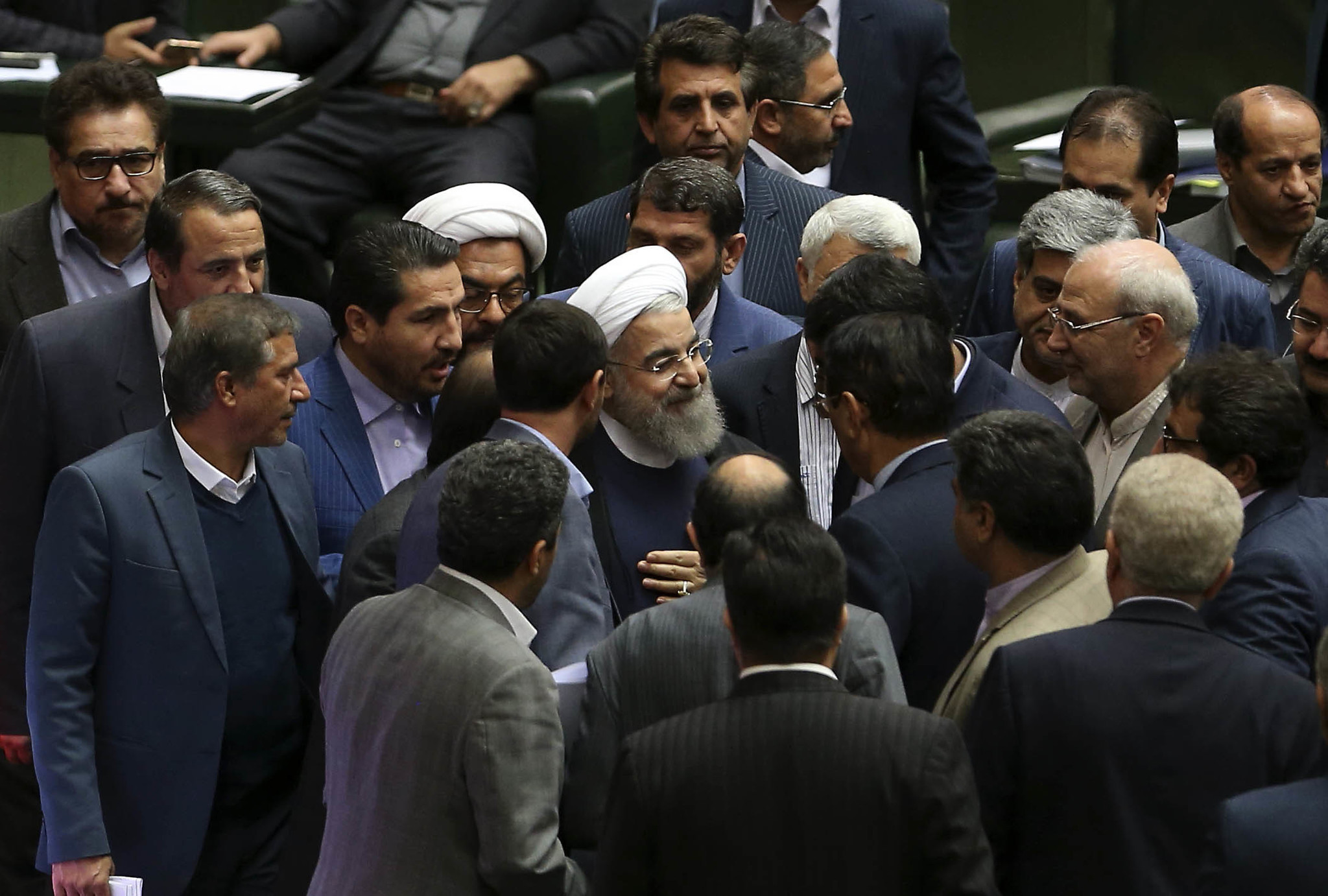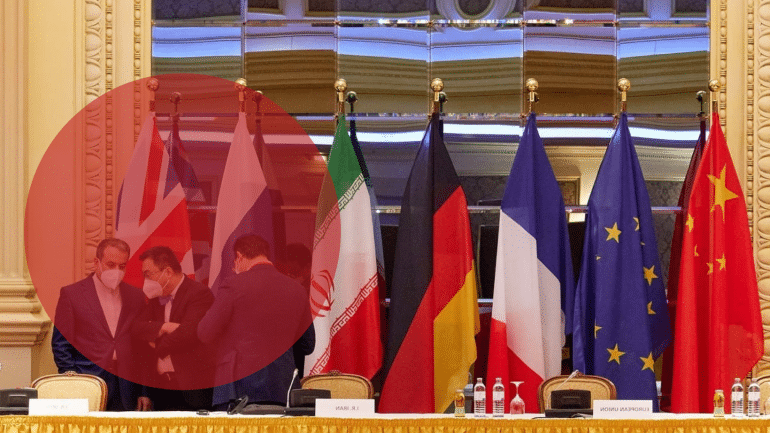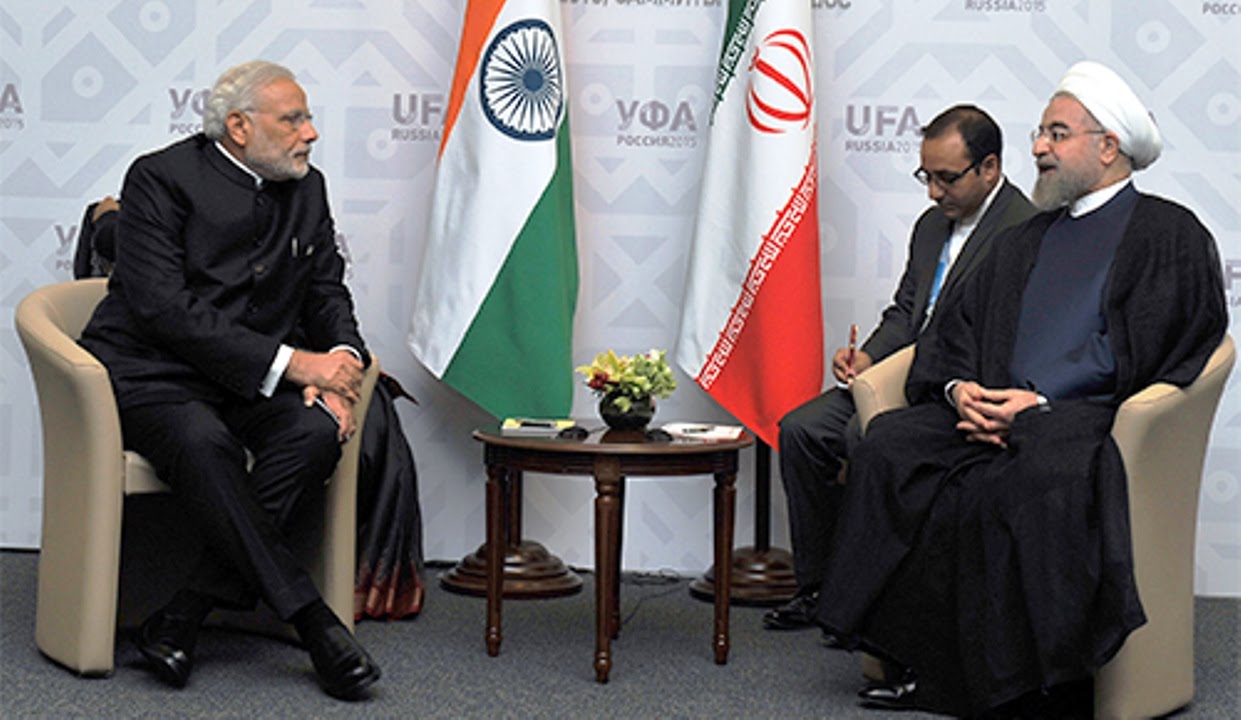
[authorbox authorid=”48″ title=”The Author”]
Over the last four decades, especially in recent years, Iran’s regime has limited the scope of its policies and activities to brutal, regressive belligerence, which has ultimately led it to become an ostracized pariah state in the international community.
If it is self-evident that a totalitarian regime such as Iran’s will adopt policies that don’t recognize international law governing relations between nations. The Iranian people, meanwhile, have been twice wronged; ruled by a repressive regime that does not recognize the most basic human rights, the sanctity of life or the principles of peace, fraternity and freedom, Iranians are also cruelly isolated and excluded by the international community, denied agency and support by the world that punishes them collectively for the regime’s transgressions of which they are the principal victims.
Destructive role
For almost 40 years to date, Iran’s regime has played an almost wholly negative role regionally and globally, with the mullahs appointing themselves as custodians over the peoples of the neighboring countries, which have longstanding historical, cultural, social and economic ties with the Iranian people, and wish to see Iran simply as a good neighbor. These nations would like to see the Iranian leadership abandon their delusion of Iran as the ‘policeman of the Gulf’.
Unfortunately, although Iran supposedly abandoned the Shah’s era of imperial arrogance following the 1979 revolution, this did not mean that its leaders gave up the ultra-nationalist despotism which was the hallmark of the Shahs’ monarchy; they simply cloaked it in religious rhetoric.
Ayatollah Ruhollah Khomeini, the founder of the Islamic Republic of Iran, created the principle of “exporting the revolution” as a new euphemism for Iranian expansionism, linking the country’s fate to this concept; this doctrine is so deeply embedded as a core value of the regime and central feature of the constitution, that it still shapes the leadership’s thinking 30 years after Khomeini’s death.
This expansionist principle enshrined in law by Khomeini has been more devastating and destructive in its effects on Iran’s relations with other regional nations than its former role as the Gulf’s unofficial ‘policeman’ under the rule of Mohammad Reza Pahlavi.
This expansionist doctrine has led not only to flagrant and hostile intervention in the affairs of regional countries and peoples but to an inevitable, rapidly escalating cycle of militarization and an arms race between the region’s nations that threatens to spill into a cataclysmic war at any moment. This constant state of hair-trigger tension has led to a situation of instability that leaves the region’s peoples in a state of panic wondering what might come next.
In response to the Iranian regime’s relentless arms build-up and belligerent threats, the other countries of the region have been transformed into weapons arsenals, with every leader and regime armed to the teeth in a state of constant readiness for war; this in turn leads to fears that any relatively minor dispute in such a tense environment could easily spiral out of control into a major conflict.
Iran has squandered hundreds of billions of dollars to attain this status of an intimidating regional military power, even whilst the majority of the Iranian people sink further and further into medieval levels of poverty, squalor and deprivation. For the theocratic regime, as for all totalitarian states, however, the people are there to serve the leaders’ interests rather than the leaders serving the people, whether as cannon-fodder in the regime’s eternal expansionist warmongering or in production of goods to enable more war.
Glamorizing death and dispossession
The cod-revolutionary rhetoric of power that the Iranian regime has spread among its regional proxy militias in countries where it has penetrated has led to the widespread adoption of a ‘might makes right’ approach to resolving political disputes small or large with weapons and threats. One of the clearest examples of this aggressive tactic is seen in Hezbollah’s behavior towards its supposed partners in the political process in Lebanon.
As an Iranian proxy militia, Hezbollah believes that it has the right to export the regime’s project to reshape society according to the standards that glorify death over life in serving the sectarian Khomeinist creed. Hezbollah’s veneration of martyrdom in pursuit of this objective make it a perfect representative of Ayatollah Khomeini’s doctrine, in which lavish funerals and funereal rituals “for the martyrs” are a distinctive feature.
—
Outside Iran, the heavily sectarian theocratic societal model that Iran’s regime wishes to export to all the nation’s regions can be seen clearly in microcosm in the southern suburbs of Beirut, Hezbollah’s heartland in Lebanon. Here, the women are shrouded in black chadors, while banners glorifying Khamenei, Nasrallah, Assad, and ‘martyrs’ killed in Syria adorn most walls.
After seven years of supporting Assad’s war in Syria, scenes of the near-daily funerals for these ‘martyrs’ are still shown regularly on Hezbollah’s TV channels in a misguided effort to promote the supposed glory of dying for Khamenei or to “protect” Shiite shrines in Syria. The rhetoric of “glorious martyrdom” no longer works as it did in 2006 when Hezbollah fought Israel, however, with increasing numbers of people, even amongst Hezbollah’s loyalists, rejecting this Tehran-sponsored vision of the region’s future.
Changes are coming
Back in Iran, meanwhile, the regime’s commitment to “exporting the revolution” as a core principle means the people have lived under a state of emergency for almost 40 years. Things are changing, however. In the wake of recent events, primarily the US withdrawing from the 2015 legacy deal and re-imposing even stronger sanctions, the regime now faces the prospect of either facing increased regional and global hostility for its ongoing wars across the Middle East or complying with Washington’s conditions and abandoning its expansionist dream of regional control in order to avoid a far larger conflict.
While the best scenario would see the regime let the Iranian people finally have the freedom they’ve been denied so long, even a military withdrawal from the region’s nations by the regime would be a positive start in reducing both the pressure on the people and the domestic and regional tension. Such a decision by the regime would also allow the people to demand the lifting of the state of emergency.
Should the regime decide to refuse Washington’s demands, it will face a long-delayed historical test. Whilst the Iranian people will be subjected temporarily to greater suffering, they are well aware that this will precede the long-awaited indescribable relief of finally opening the door to freedom with the demise of the regime which is viewed by most as the ‘broker of funeral marches’.
In recently promising the harshest sanctions in history against Iran’s regime should it fail to comply with President Trump’s conditions, US Secretary of State Mike Pompeo surely had to first recall the sanctions imposed on Saddam Hussein’s regime in Iraq between 1990 and 2003 in order not to make a mistake for which he might later have to issue a discomfiting apology.
It’s hoped that the sanctions will be designed to punish the regime officials and its proxies and allies rather than the innocent people in Iran and across the region already suffering due to the brutality of the regime and its political patronage of Bashar al-Assad’s monstrous dictatorship and various murderous terrorist militias; the people should not be punished twice over as happened with the sanctions on Iraq.
If that is avoided, then the imposition of sanctions on the Iranian regime to limit its murderous activities should be welcomed in order to affirm the desire for peace and the right of the region’s peoples to stability.
If these sanctions violate the dignity and humanity of the already viciously oppressed Iranian people and lead to further suffering and humiliation for them, this would negate the positive influence of any effect against the regime; there can be no recurrence of the horrific loss of life under the sanctions against Saddam Hussein’s regime which resulted in the demise of half a million Iraqis whose tragic, avoidable deaths should serve as a mute warning to avoid any such punishment of innocents in the future.
It is unlikely that Iran will be affected in the same way as Iraq was by those 13 terrible years; this is not only because the Iranian regime’s policies have been characterized by a talent for evading sanctions through adept maneuvering and sleight of hand, but also due to that bitter experience still being present in the Iranian leadership’s strategic mindset.
Iran’s regime was one of the biggest beneficiaries of both the US sanctions on Iraq and the 2003 invasion; due to Saddam’s inability to obtain goods from other nations, the Iraqi market opened up to a massive influx of low-quality Iranian substitutes. Following the 2003 invasion and the destruction of much of Iraq’s infrastructure, as it lay in tatters economically, socially, culturally and environmentally, Iran was again a primary beneficiary, with the regime rushing in to exploit the vacuum created and to wreak more devastation.
Pompeo’s recent speech can be seen in many ways as a declaration of war, which will push Iran’s regime to examine its situation in a serious way, not in its usual spirit of deceit, delay, time-wasting, procrastination, and subterfuge which was apparent during the marathon negotiations that led to the signing of the 2015 nuclear deal torn up by President Trump.
In the Trump era, the Iranians know that they cannot repeat their previous behavior; it has become very clear that Trump does exactly what he says he will do, especially in respect to keeping the promises made in his election campaign. This stark reality is a bad omen for the Iranian leadership, who will have to deal cautiously with this highly sensitive situation.
Whilst none of the senior Iranian regime officials are required to clear the political minefield in which they are trapped, they’re likely to do so in order to express their goodwill in the face of an official US policy that will not hesitate to impose severe penalties on them if they fail to comply.
Iran’s regime, which had previously been working tirelessly to ingratiate itself as a partner with the international community will now have to act cautiously. The leadership is now fully aware that there are those who will not hesitate to bomb them to force them into forsaking their nuclear program.
The United States will leave any actual attack on Iran to a third party, which is more enthusiastic to carry it out. And since Iran’s leadership realizes that all its proxy wars against that third party cannot make up for the loss of its nuclear project, it is likely to abandon its hawkish demeanor, at least publicly, and comply with US conditions, however difficult this may be.
The gloating comments of Iranian regime politicians and military commanders in recent years about taking control of four Arab capitals no longer resound with the global decision-makers. The photos of Qassem Suleimani, leader of the IRGC’s Quds Brigade showing him commuting between Damascus and Baghdad as the representative of Iranian protectionism are no longer causing palpitations across the region. Iran’s regime is now being restored to its previous status as a relatively powerless component of the ‘Axis of Evil’ as it was once designated, an evil that, once weakened, should ultimately be eradicated by the long-suffering Iranian people.
All these developments will be prominent in the minds of the regime’s officials as they prepare to clear the political minefields they sowed in the regional countries whose sovereignty and peoples they violated and whose nations they destroyed.




